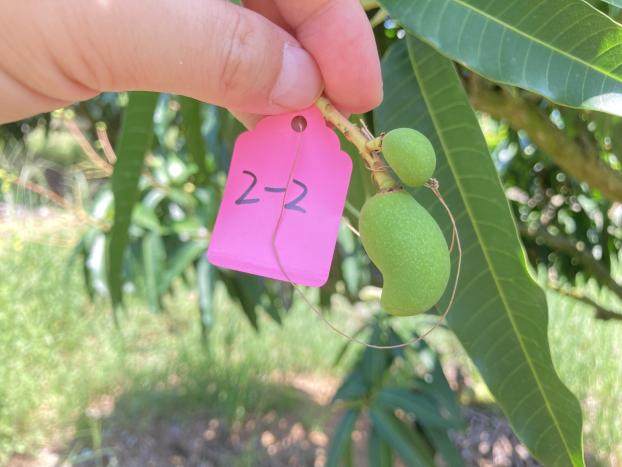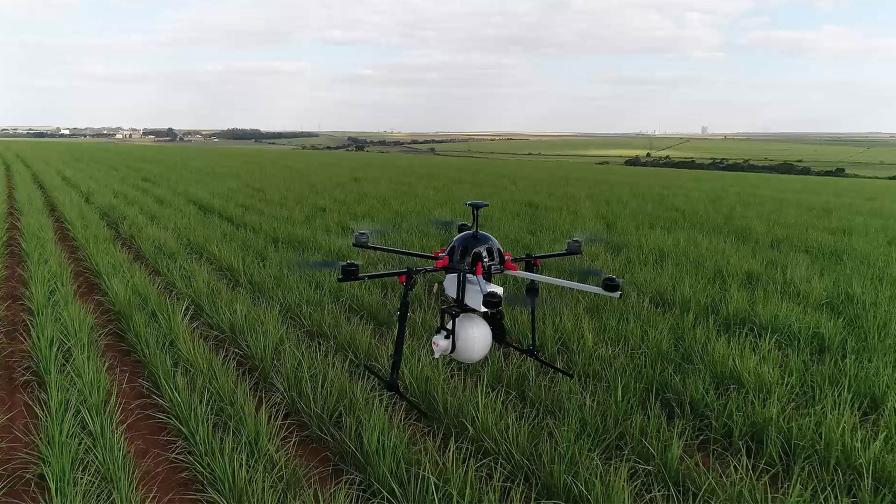Glyphosate-Resistance Found In Brazil
Wild poinsettia (Euphorbia heterophylla) in Brazil was confirmed to have developed resistance to glyphosate, according to a press release from Syngenta. It becomes the 11th weed in the world to have developed resistance to the popular herbicide.
“We have about 50 to 70 acres of glyphosate-resistant wild poinsettia at this time,” reported Professor Ribas Vidal, weed scientist at the Federal University of Rio Grande do Sul (UFRGS), who confirmed the resistant population. Vidal recommends integrated weed management for control including rotating herbicide modes of action, reducing the seed bank population and rotating crops. “Wild poinsettia being identified resistant to glyphosate herbicides just demonstrates that no herbicide is a silver bullet. No technology is."
Nestor Silva, regional development manager for Syngenta in Brazil, added that “Farmers will have to include other herbicides to control this weed,starting with a pre-plant burndown – combining glyphosate in programs with other non-selective chemistries such as paraquat or 2,4-D. For over-the-top applications, the best alternative is PPO herbicides in combination with glyphosate. Preventing the weed from setting seed with the use of a pre-harvest aid is also advised.”
Glyphosate resistance is a growing problem around the world, as farmers have taken up Roundup Ready (RR) crops from Monsanto in staggering numbers.
Syngenta recommends using a maximum of two applications of glyphosate in one field over two years, or the "2-1-2" rule. For more information on resistant weeds, visit www.resistancefighter.com.





